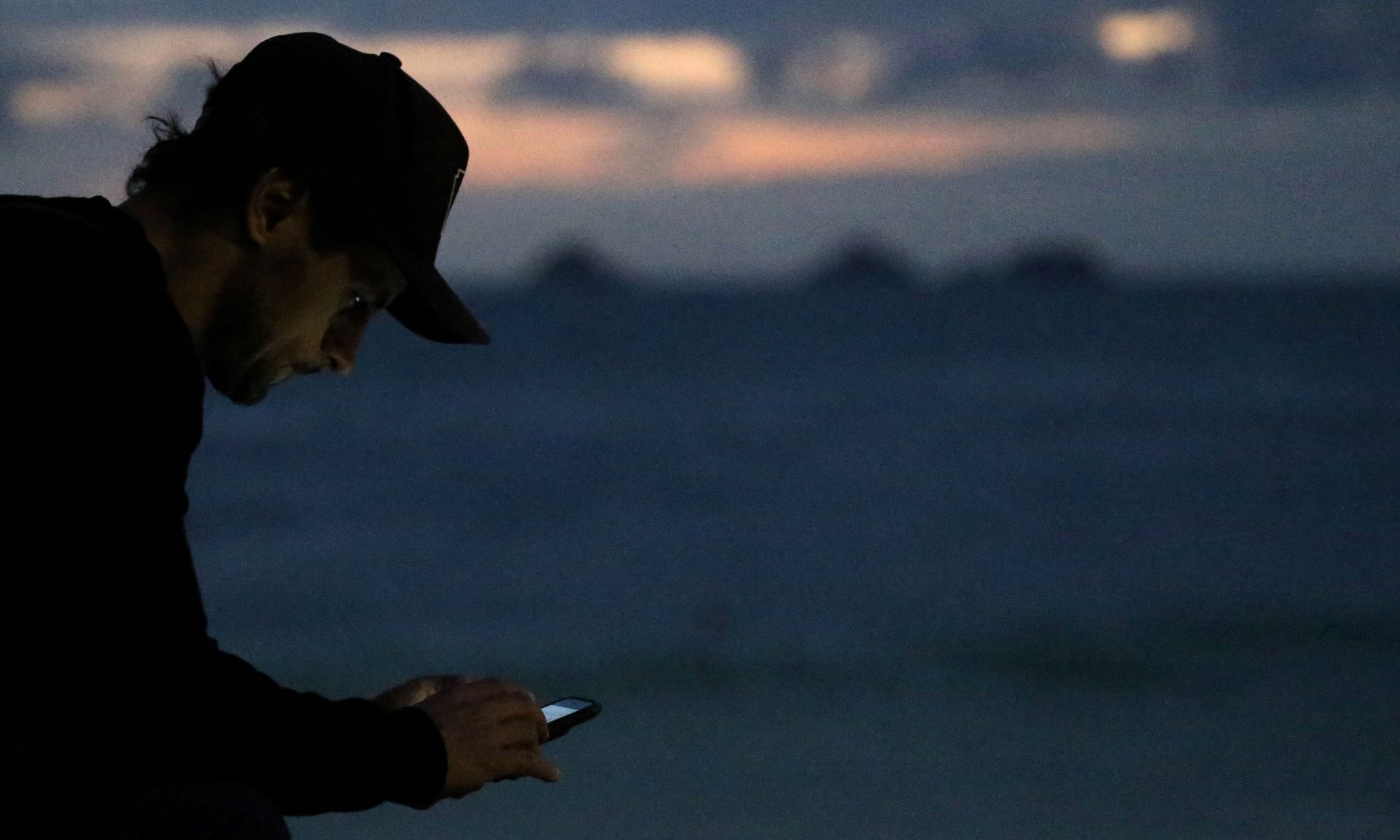A bombshell report links WhatsApp fake news to Brazil’s presidential frontrunner
An exposé by Brazil’s largest newspaper could dramatically change the South American country’s already volatile presidential election.


An exposé by Brazil’s largest newspaper could dramatically change the South American country’s already volatile presidential election.
Folha reported that firms linked to far-right frontrunner Jair Bolsonaro have hired social media companies to send hundreds of millions of messages to voters attacking Bolsonaro’s rival, former São Paulo mayor Fernando Haddad, and his Workers’ Party.
Folha also reported the companies are planning a massive misinformation campaign next week, just days before the final presidential vote on Sunday, Oct. 28. WhatsApp, Facebook’s ubiquitous messaging service, has been under attack around the world for allowing the spread of rumors, false news, and political lies, sometimes with deadly consequences.
Experts told Folha that the WhatsApp campaign could have broken the law in at least three ways: Companies, like those allegedly bankrolling the operation, are forbidden from making political donations; any electoral spending must be registered with regulators, and this wasn’t; and it’s illegal to buy large phone number lists to distribute messages, as was reportedly done here.
If it’s proven that Bolsonaro benefitted from the messaging campaign, his candidacy could be cancelled, or if he has already been elected, he could be removed from the presidency.
Bolsonaro, a radical right-wing candidate—known for his support of Brazil’s bloody dictatorship, and his conspiracy-fueled attacks on women, minorities, and institutions—is currently the heavy favorite to win the presidency. The latest poll, released Thursday (Oct. 18), shows him with a 59-41 lead over Haddad.
Since the report came out yesterday, Haddad said he would ask the federal police and the electoral justice to investigate the accusations. Bolsonaro has denied the claims. His party said all donations to the campaign were made legally, and that they’d sue his rival Haddad for amplifying the accusations.
WhatsApp said Thursday evening it was investigating the allegations. “WhatsApp has proactively banned hundreds of thousands of accounts during the Brazilian election period,” the company said in a statement to Quartz. “We have best-in-class spam detection technology that spots accounts that engage in abnormal or automated behavior so they can’t be used to spread spam or misinformation.”
On Friday, WhatsApp banned the accounts of the social media firms mentioned in the Folha report, Quickmobile, Yacows, Croc Services, and SMS Market, and asked them to halt bulk messaging with phone numbers acquired irregularly. Jair Bolsonaro’s son, Flávio Bolsonaro, wrote on Twitter that his WhatsApp account had been banned.
Update Oct. 19: On Friday afternoon, Whatsapp also issued a statement noting that it was “taking immediate legal action to stop companies from sending bulk messages.”
Folha’s report came out on the very same day news outlets around the world were spotlighting Facebook’s “Electoral War Room,” which the company created to fight the very same type of electoral interference that’s being reported in Brazil.
The social media agencies hired to attack the Workers’ Party were reportedly buying and using foreign phone numbers to bypass rules that WhatsApp implemented to control the spread of misinformation. The international numbers enabled them to create larger groups, and send messages to more people than it’s currently allowed in Brazil. WhatsApp denied that claim to Quartz.
Facebook created the dedicated unit, based from its headquarters in California, to react more quickly to election interference. “When everyone is in the same place, the teams can make decisions more quickly, reacting immediately to any threats identified by our systems, which can reduce the spread of potentially harmful content,” Facebook’s Samidh Chakrabarti wrote Thursday.
But critics say WhatsApp is not doing enough. Three authors, including respected journalist Cristina Tardáguila, head of the fact-checking agency Lupa, said in a New York Times op-ed that WhatsApp should limit the number of people a message can be sent to at once (it’s currently 256), the number of times a message can be forwarded (now 20), and the number of members in groups.
The authors said that they reached out to WhatsApp with the suggestions, but that the company said it didn’t have enough time to implement the changes ahead of the vote. But similar changes were implemented in a matter of days in India, following reports of lynchings fueled by messages spread through the app.